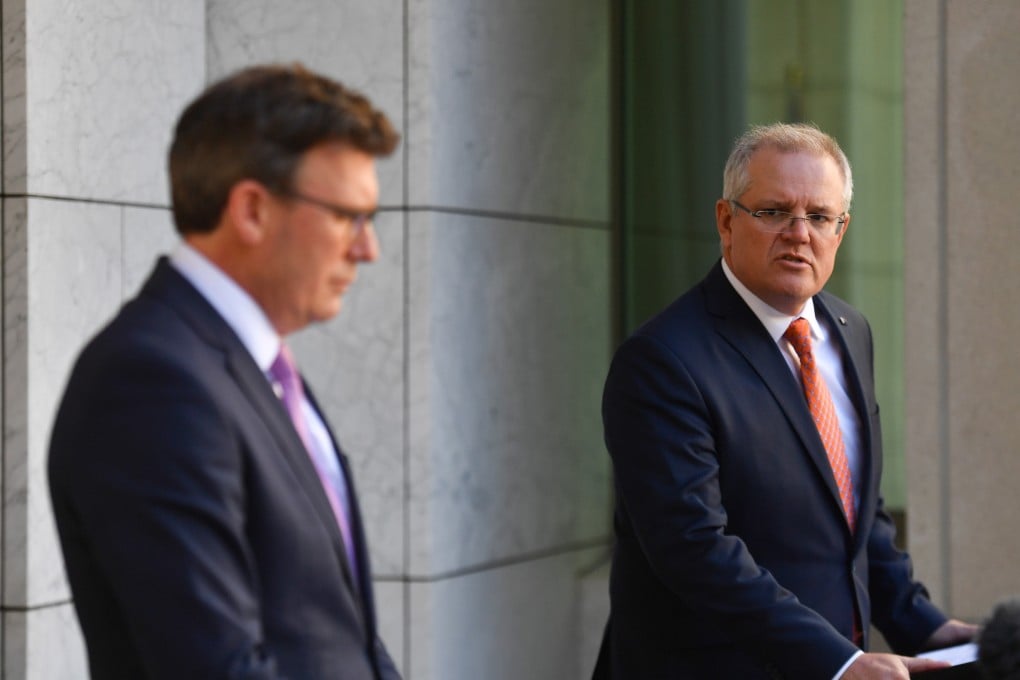We cannot guarantee residency for Hongkongers, Australian minister says, days after ‘safe haven’ offer
- Australia has offered pathways to permanent residency for thousands of people from Hong Kong
- Residency would be determined by applicants first passing ‘character’ and ‘national security’ tests

There is no guarantee that Hongkongers will be granted permanent residency visas in Australia, acting Immigration Minister Alan Tudge said on Sunday.
Tudge told national broadcaster ABC that Australia could not guarantee residency for those who feared returning to Hong Kong.
“What we are saying is that people will have the opportunity to apply for permanent residency, but I mean, if there's a serious security issue in relation to that person, they'll be sent back," Tudge told ABC's Insiders show.

01:49
Australia suspends extradition treaty with Hong Kong, offers residency pathway for Hongkongers
“If there's a character concern, they'll be sent back."
In order to obtain permanent residency, applicants would still have to pass “the character test, the national security test and the like,” Tudge said.